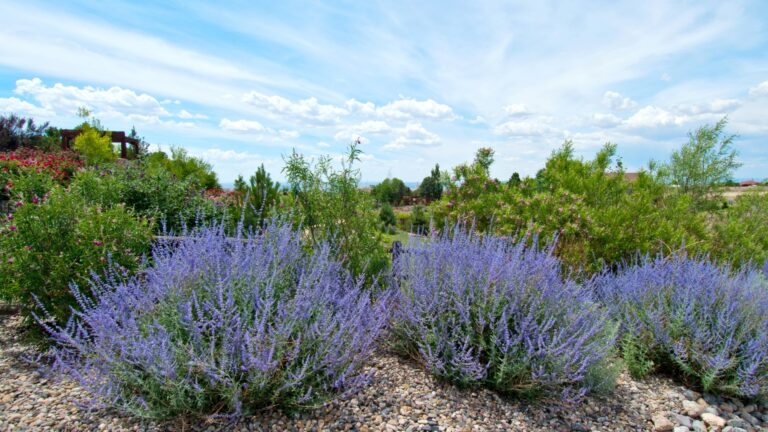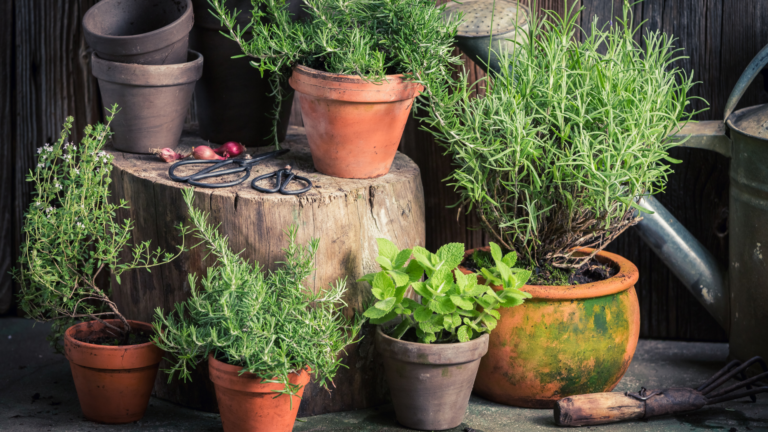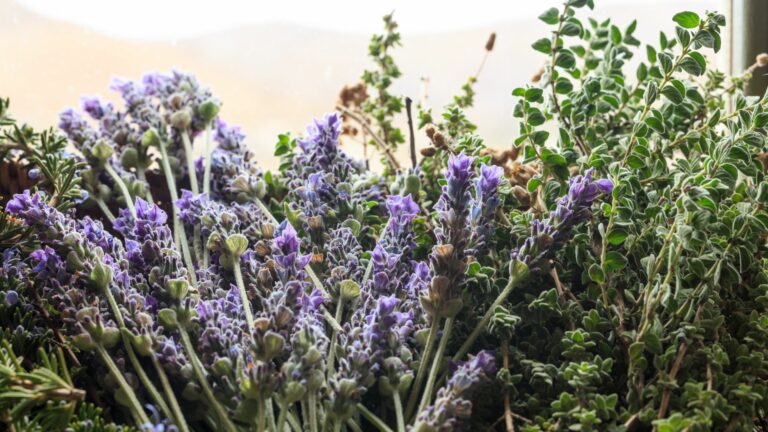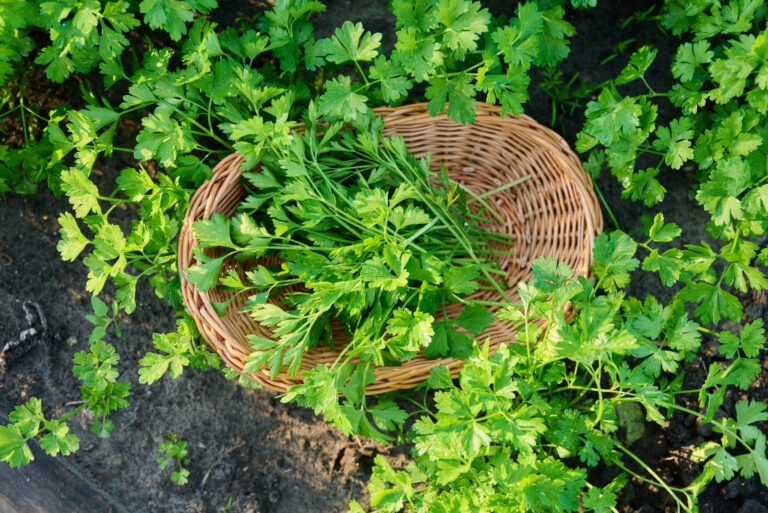8 Reasons Lemon Thyme Repels Pests In Texas Gardens
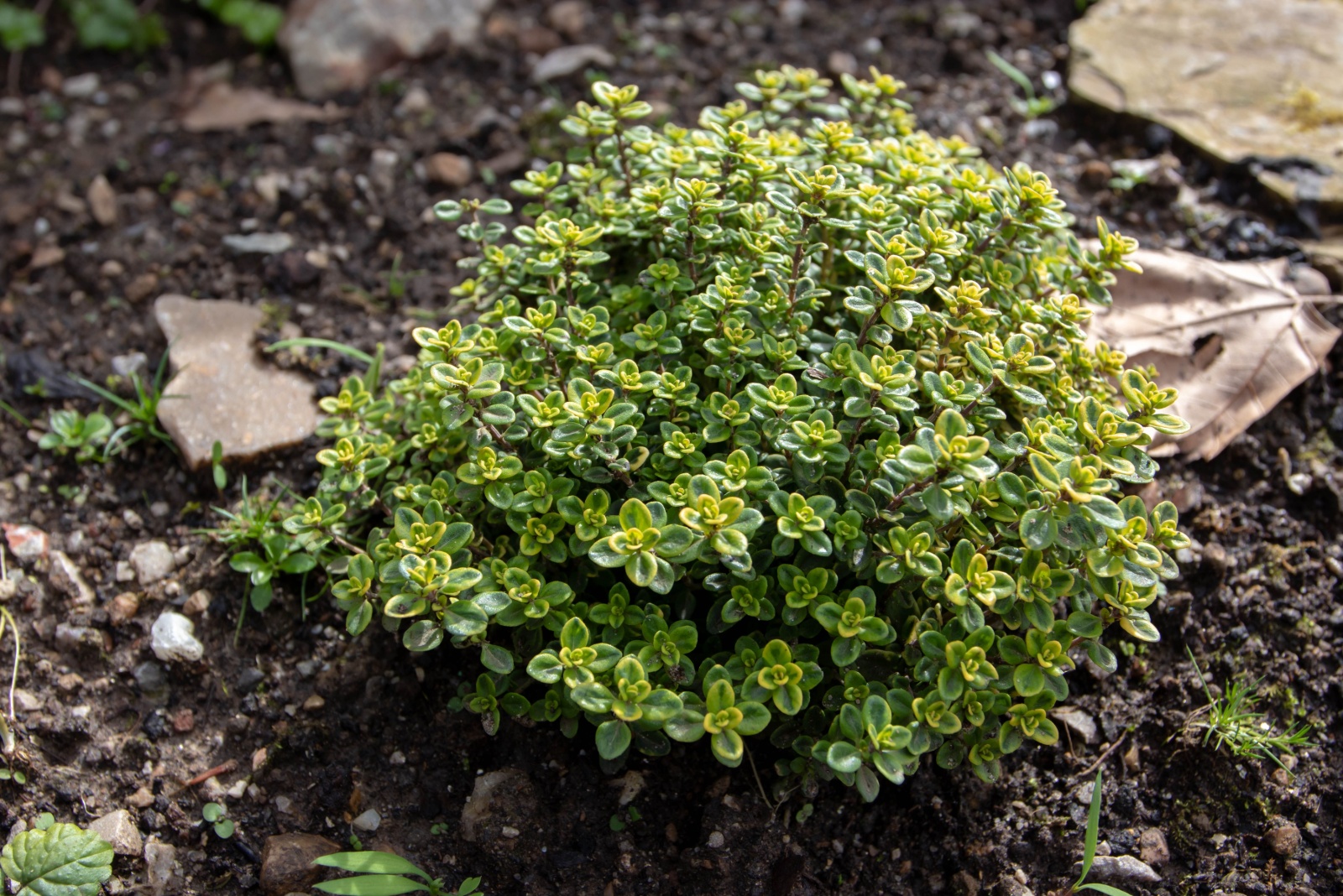
Texas gardeners face a constant battle against pests in our hot, humid climate. Lemon thyme offers a natural solution that works wonderfully in our southern gardens.
This aromatic herb not only adds flavor to cooking but also serves as a powerful pest deterrent, helping you grow healthier plants without harsh chemicals. I’ve noticed fewer aphids and mosquitoes in my own garden since planting lemon thyme borders around my vegetable beds.
1. Strong Citrus Scent Confuses Insect Navigation
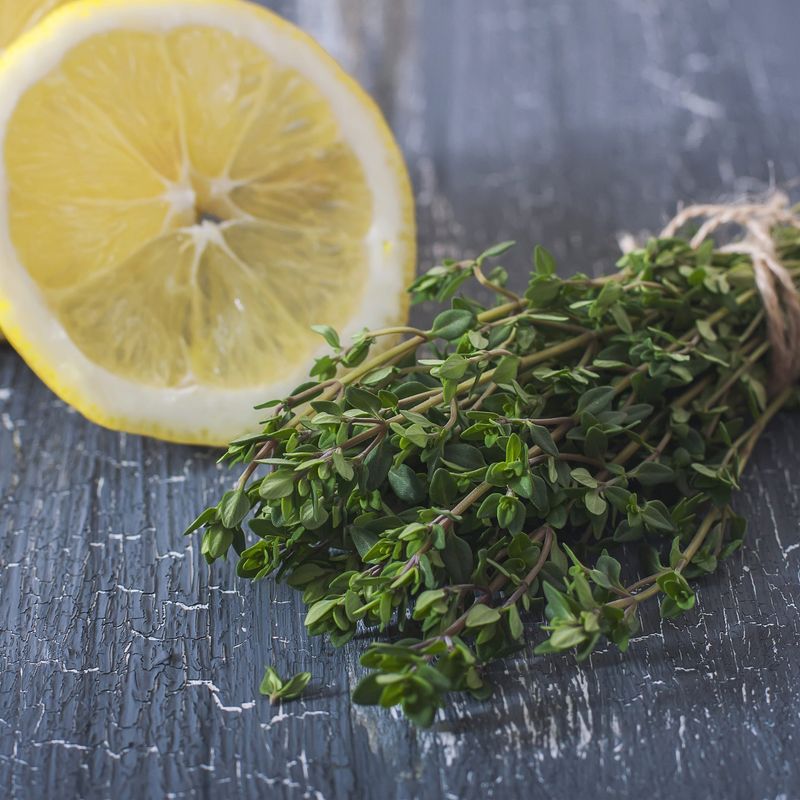
The powerful lemon aroma masks the scent trails that many insects follow to find your plants. Mosquitoes, flies, and moths rely heavily on smell to locate food sources.
When lemon thyme’s citrus compounds fill the air, these pests become disoriented. I’ve watched cabbage moths circle my garden repeatedly without landing after I planted lemon thyme nearby.
This natural confusion works especially well in Texas gardens where our heat intensifies herb fragrances.
2. Natural Thymol Content Repels Mosquitoes
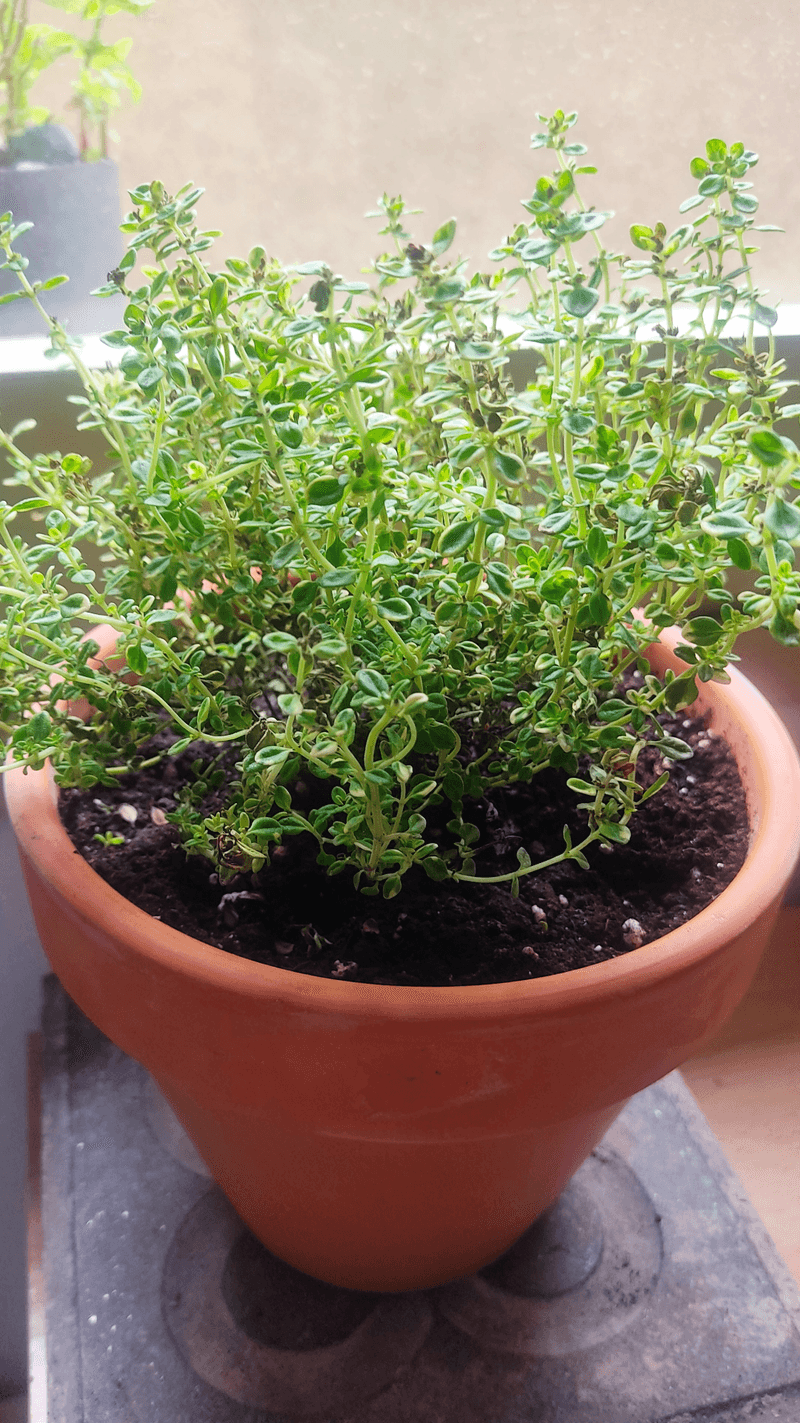
Thymol, a natural compound in lemon thyme, acts as a powerful mosquito deterrent. Research shows it disrupts their sensory receptors, making your garden less appealing to these bloodsuckers.
During muggy Texas evenings when mosquitoes typically swarm, gardens with established lemon thyme plants enjoy fewer biting insects.
My neighbor couldn’t believe the difference when she started growing it near her patio. Even better, thymol works against the specific mosquito species common in our southern climate.
3. Tiny Leaf Hairs Create Physical Barriers
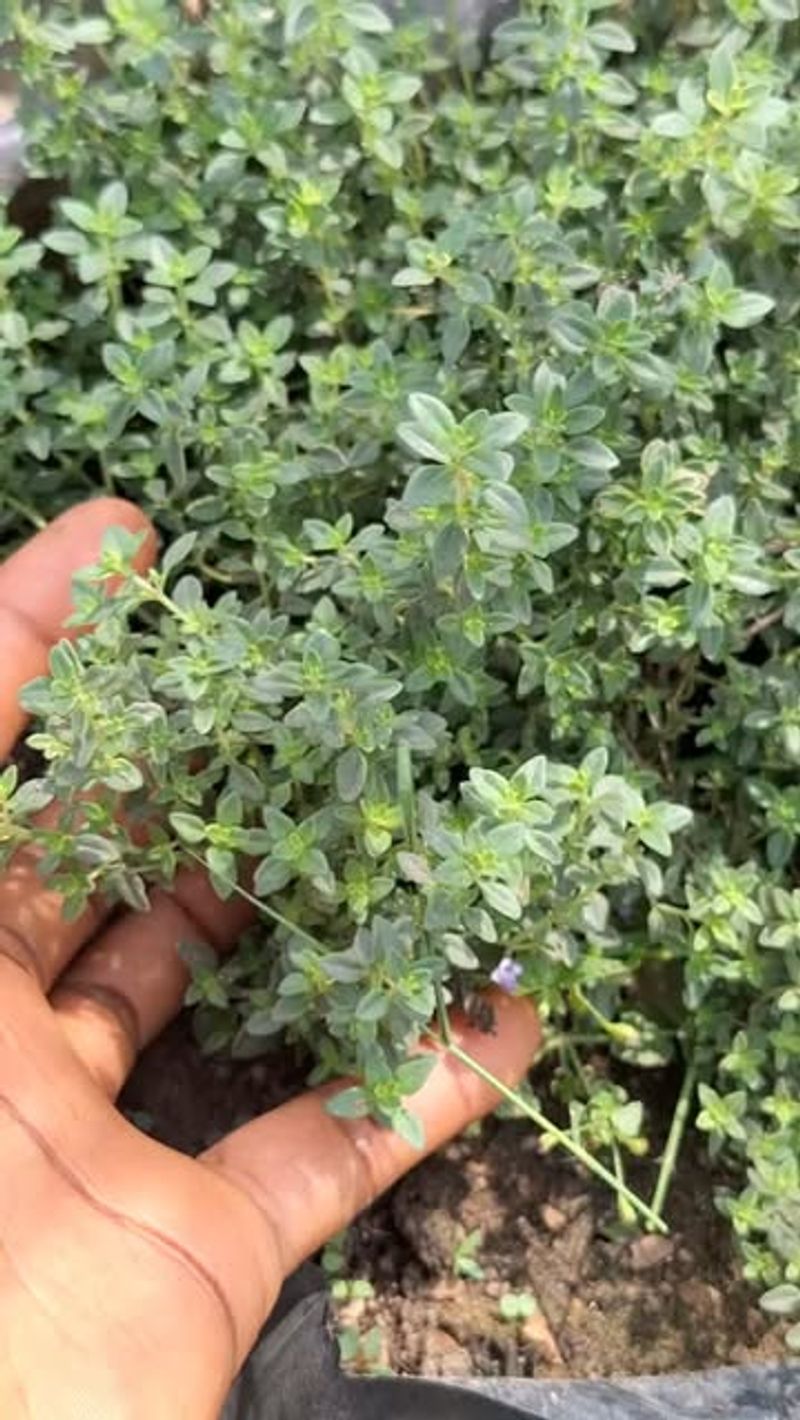
Examining lemon thyme leaves under magnification reveals tiny hairs covering their surface. These microscopic bristles create an uncomfortable terrain for soft-bodied pests like aphids and mealybugs.
Crawling insects struggle to navigate across these hairy leaves. You’ll notice fewer aphid colonies on plants growing near your lemon thyme patches in the garden.
During our humid Texas summers, when aphid populations explode, this physical deterrent provides extra protection without any effort on your part.
4. Deters Cabbage Loopers From Vegetable Gardens
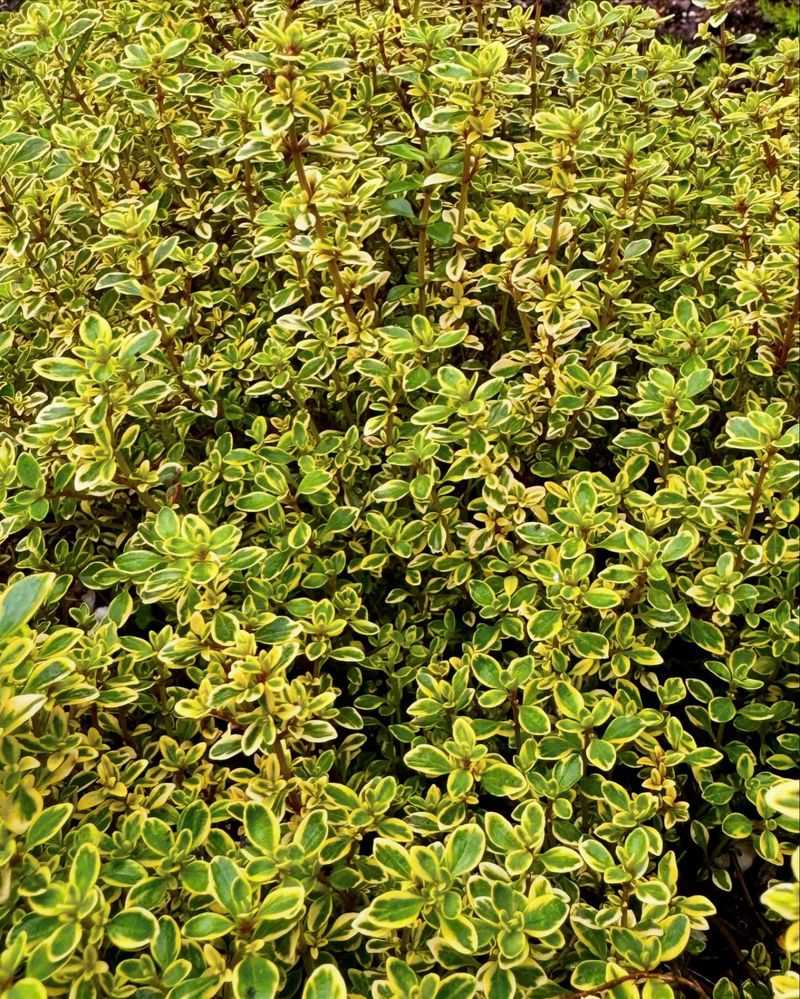
Cabbage loopers devastate Texas brassica crops, but they absolutely hate lemon thyme. The herb’s compounds interfere with the caterpillars’ feeding behavior, causing them to avoid areas where this fragrant herb grows.
Planting lemon thyme between rows of cabbage, kale, or broccoli creates a living barrier. My fall garden suffered minimal looper damage after I surrounded my greens with lemon thyme borders.
Texas gardeners report up to 70% fewer cabbage worms when using this companion planting technique.
5. Volatile Oils Discourage Destructive Ants

Fire ants and harvester ants cause significant problems in Texas gardens, but they avoid lemon thyme’s strong volatile oils. These compounds disrupt the chemical trails ants use for navigation and communication.
Strategic placement around fruit trees and garden beds interrupts ant highways. After establishing lemon thyme around my peach tree, I noticed far fewer ants climbing the trunk to farm aphids.
Unlike chemical deterrents, these natural oils don’t harm beneficial insects like ladybugs that help control other pests.
6. Heat-Activated Defense Mechanism
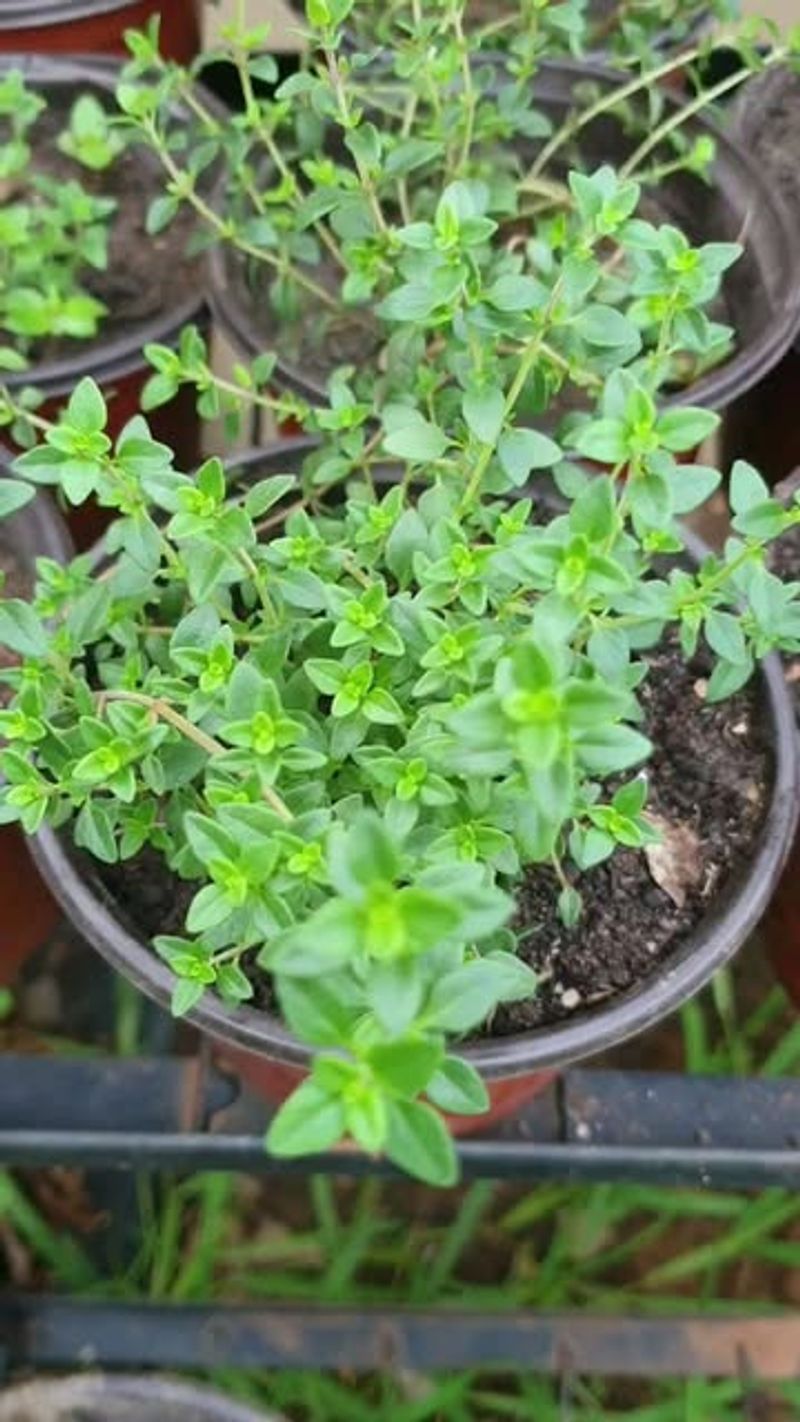
Summer heat in Texas triggers lemon thyme to release more protective compounds. As temperatures rise above 85°F, oil glands in the leaves open wider, creating a stronger pest barrier exactly when insect pressure peaks.
This heat-activated response makes lemon thyme particularly effective in our climate. During July and August, when my neighbors struggle with spider mites, my herb-protected tomatoes stay relatively clean.
The hotter it gets, the harder this herb works – a perfect match for Texas growing conditions.
7. Root Compounds Deter Soil Nematodes
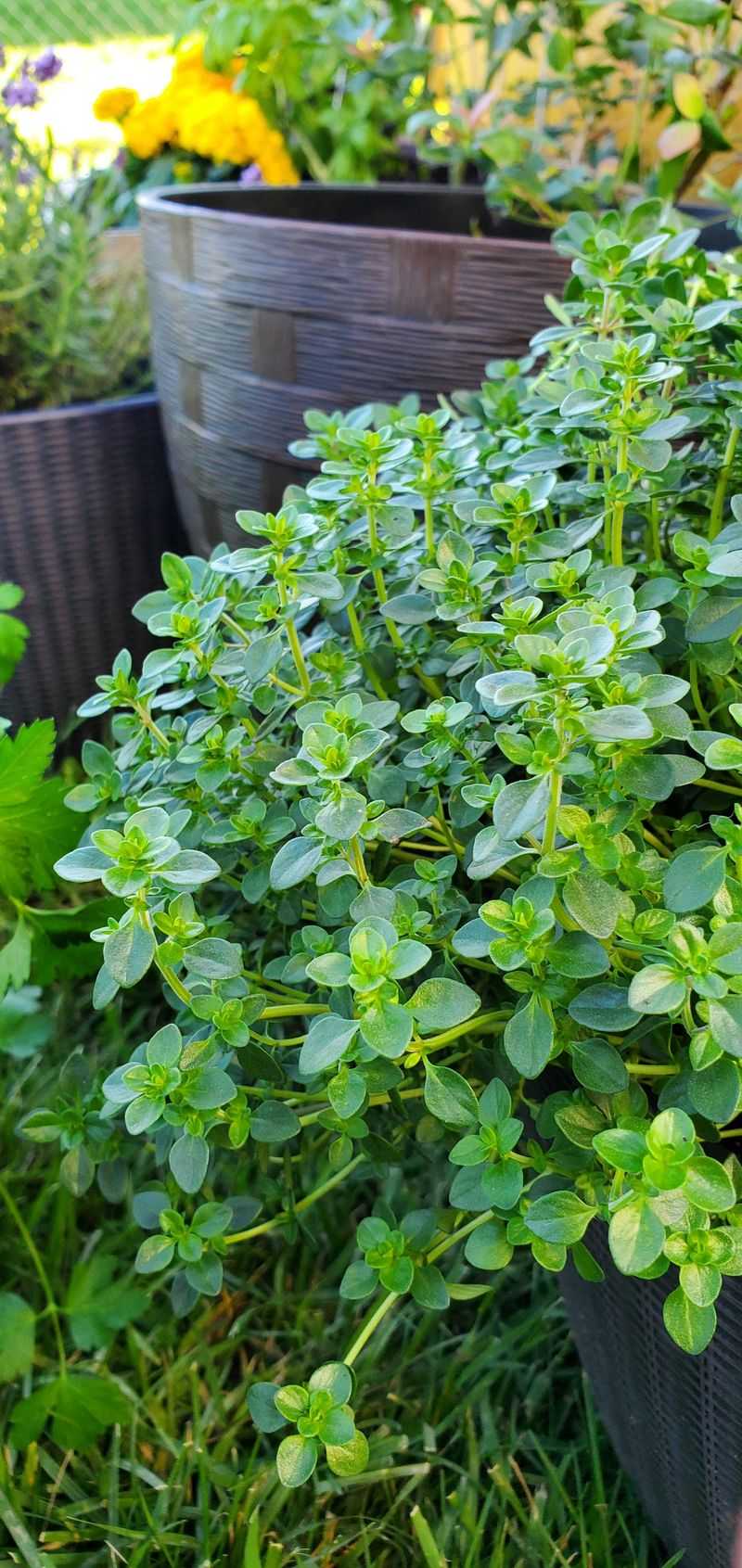
Hidden below the soil, lemon thyme roots release compounds that repel harmful nematodes. These microscopic worms damage plant roots throughout Texas, but they retreat from the natural chemicals this herb produces.
Growing lemon thyme near susceptible plants like tomatoes and peppers provides underground protection. My sandy garden soil used to harbor root-knot nematodes until I interplanted with this aromatic herb.
The protection extends throughout the root zone, creating a safer growing environment for neighboring plants.
8. Attracts Beneficial Predator Insects
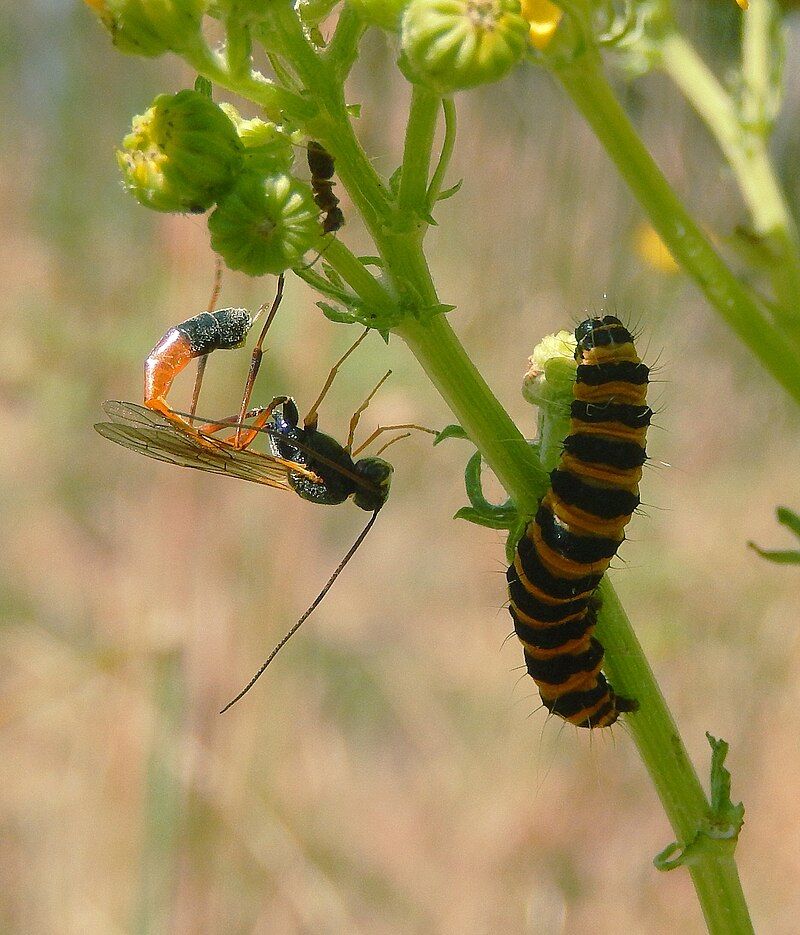
While repelling pests, lemon thyme simultaneously attracts helpful predator insects. Its tiny purple flowers feed beneficial wasps, hoverflies, and ladybugs that hunt garden pests.
These natural predators establish themselves around your lemon thyme patches. I’ve watched tiny parasitic wasps visit the flowers before hunting for caterpillars on my nearby vegetables.
This dual action of repelling pests while supporting their enemies creates a balanced Texas garden ecosystem that maintains itself with minimal intervention.


